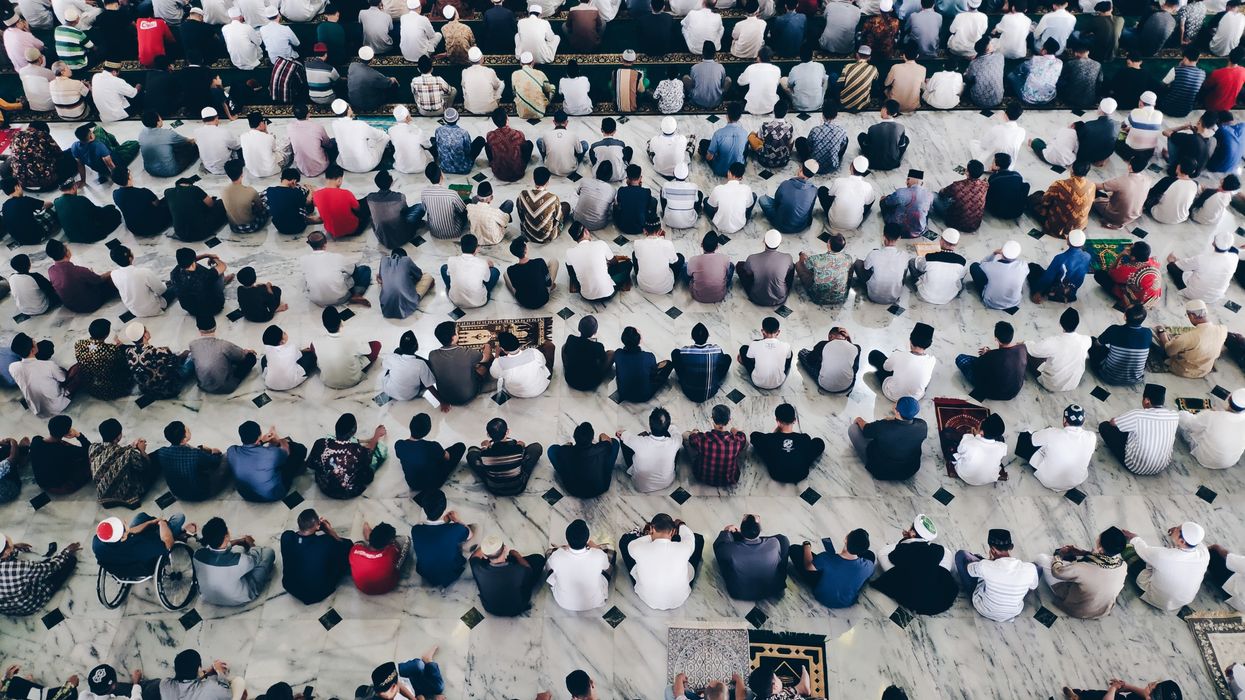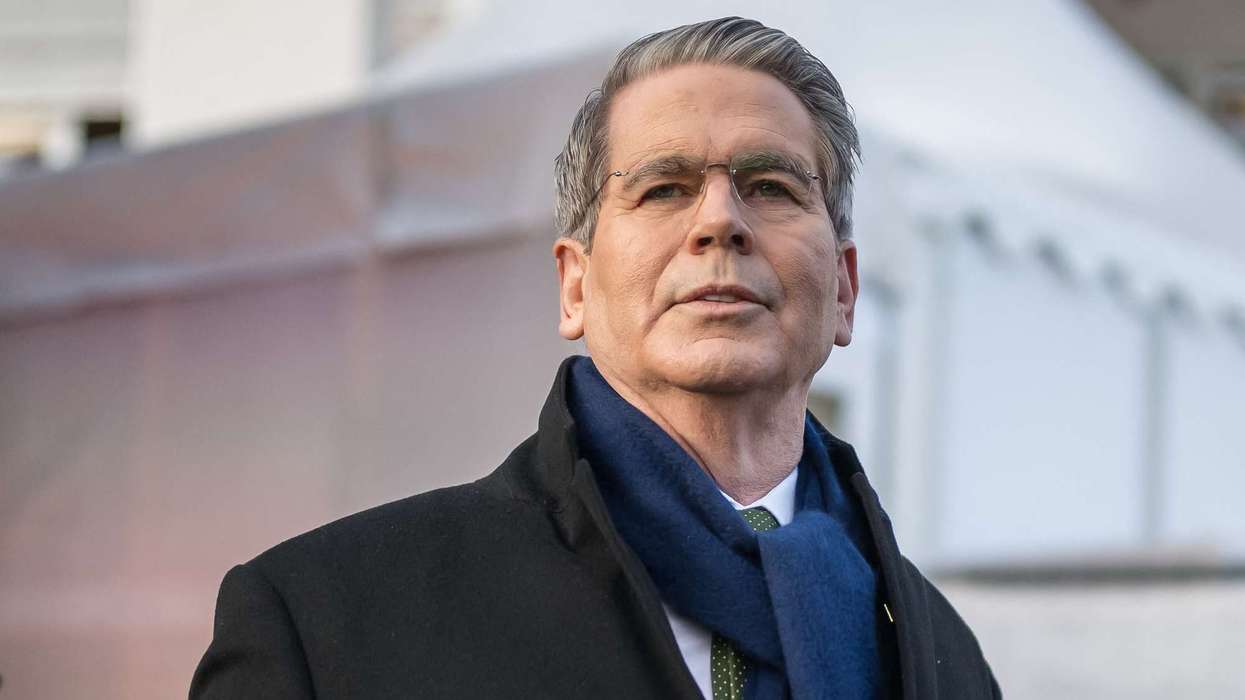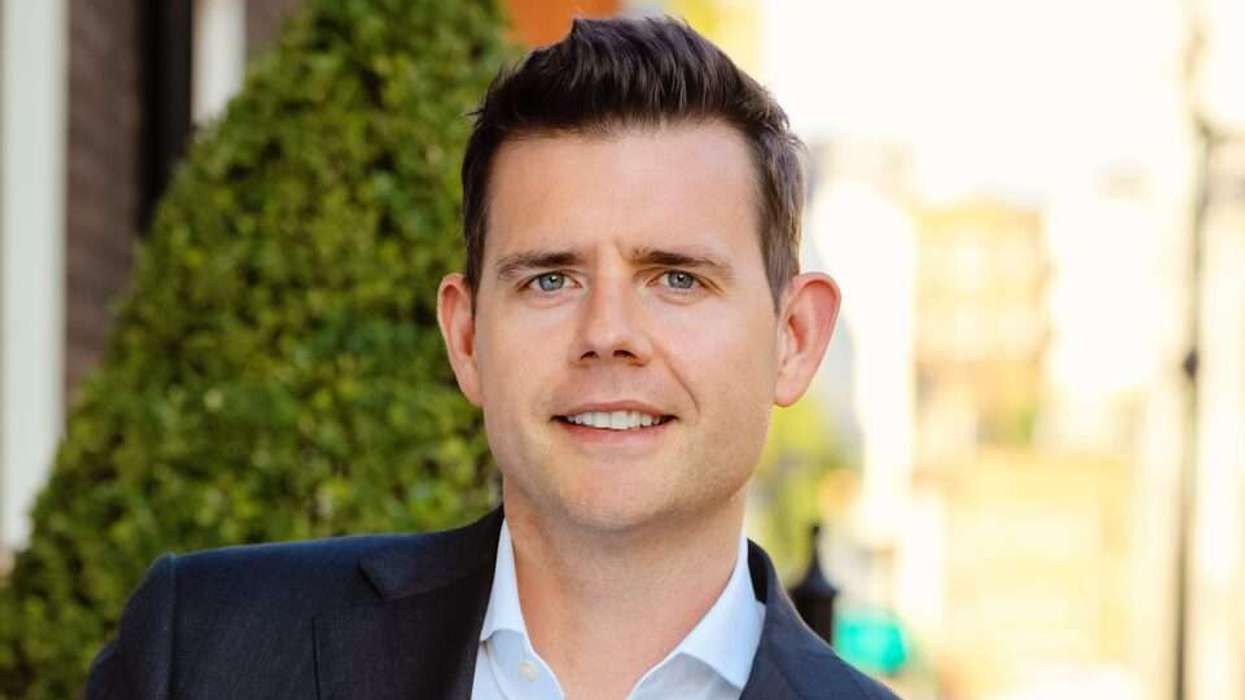A major change has been announced regarding Birmingham’s Eid ul Adha 2025 celebrations, with the annual Eid in the Park event cancelled due to bad weather.
Green Lane Masjid and Community Centre (GLMCC), which organises the city’s large outdoor Eid prayer, confirmed that this year’s gathering at Small Heath Park will no longer go ahead. The decision was made following heavy rainfall and a forecast of continued poor weather across Thursday and into the morning of Eid ul Adha, which falls on Friday, 6 June.
Instead, prayers will now be held indoors at the mosque itself, with staggered prayer sessions scheduled throughout the morning to accommodate the thousands of worshippers expected to attend. The mosque, located in the Small Heath area of Birmingham, follows Eid dates based on Saudi Arabian announcements. This year, both Saudi Arabia and the UK are observing Eid ul Adha on the same date, although some countries will mark it on Saturday, 7 June.
GLMCC said in a statement: “Green Lane Masjid will be holding Eid ul Adha prayers indoors at the Masjid. This is due to heavy rain today and a forecast of continued rain throughout the day and into tomorrow morning. We have assessed the park and, given the current and expected weather conditions, we have made the decision to move the Eid prayers indoors for the safety and comfort of all attendees.”
The Eid in the Park event, originally scheduled for 9am on Friday at Small Heath Park, typically attracts thousands of people from across the city and beyond. The cancellation marks a significant change to the city’s Eid ul Adha celebrations.
To manage the large turnout, GLMCC has arranged five indoor prayer sessions at its mosque on Friday, 6 June:
- 6 am – Sheikh Hassan Ali
- 7 am – Sheikh Abdul Hadi
- 8 am – Sheikh Aqeel Mahmood
- 9am – Qari Zakaullah Saleem
- 10 am – Sheikh Hafeezullah
Men will use the Main Prayer Hall, the Sisters' Prayer Hall, and the Basement. Entry will be via Doors H and G (Little Green Lane, opposite Morrisons) and exit via Doors A and G. Women will be accommodated in the Community Hall and School Area, with entry through Door E (Clock Tower entrance) and exit through Doors F and F1. A one-way system will be in operation throughout the premises.
GLMCC has advised attendees to bring their own bags for shoes, as part of efforts to reduce plastic usage. “There is a provision at the Masjid for bags but we are conscious of reducing the usage of plastic,” the statement added.
Worshippers are strongly encouraged to walk to the mosque if possible. Those who need to drive are asked to park considerately, including using the nearby Morrisons car park, avoid blocking driveways or other vehicles, and allow extra time for traffic. Courteous and patient behaviour is being urged throughout the event.
Despite the change in location, GLMCC aims to ensure a smooth and safe celebration for all. Worshippers are still expected to come together in prayer and reflection, sharing greetings of Eid Mubarak as the Muslim community marks one of the most significant festivals of the Islamic calendar.





